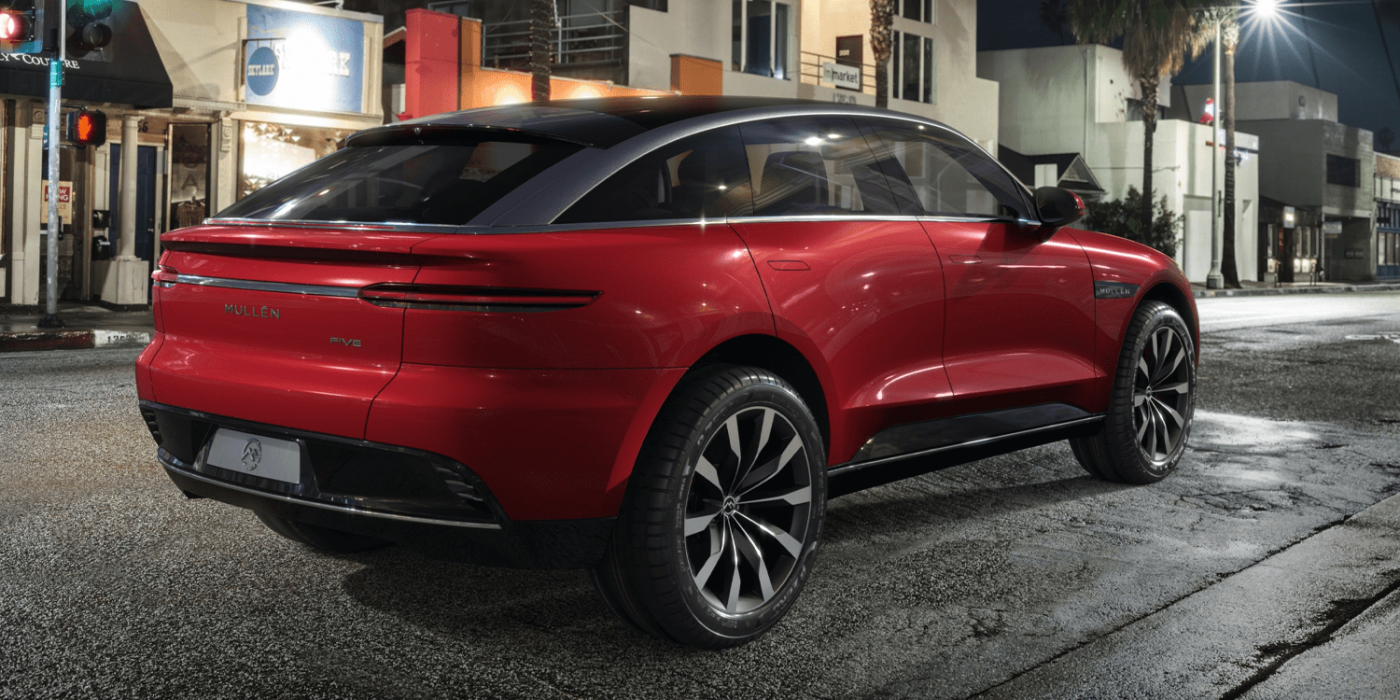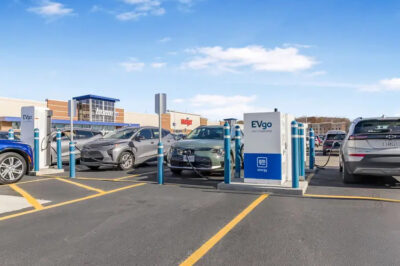Mullen takes over Electric Last Mile Solutions
After acquiring a majority stake in Bollinger Motors, the US electric car start-up Mullen has now also completed the takeover of the electric utility vehicle provider Electric Last Mile Solutions (ELMS). The takeover was not favourable, however, but should significantly accelerate production plans.
ELMS had filed for insolvency in June. In September it became known that Mullen was the leading bidder for ELMS. Now it is official: Mullen has received approval from the US bankruptcy court to take over ELMS for 240 million US dollars.
This includes the ELMS production facility in Mishawaka in the US state of Indiana, which is to enable Mullen to produce up to 50,000 vehicles per year in the future. Specifically, Mullen plans to manufacture its Five electric SUV there, as well as the B1 electric SUV and its B2 pickup variant from Bollinger. Thanks to the acquisition, the plans will be accelerated by more than twelve months, Mullen said in the statement. The plant in Mishawaka used to build the Hummer H2, for example, and Mercedes’ R-Class as contract production.
Mullen’s existing plant in Tunica, Mississippi, is to be used in future for the production of all Mullen and Bollinger commercial vehicles. Production of the Five electric SUV was originally planned there, but has now been moved to Indiana.
According to the press release, Mullen expects the new capacities to exceed the company’s earlier forecasts for total production volume. But: the products are said to be only Mullen and Bollinger vehicles; ELMS’ e-transporters are not to be built. Mullen had previously announced two electric van models itself, although these were probably not in-house developments but rebranded China models.
The China van episode was part of an attack by short-seller Hindenburg Research against Mullen Automotive. In April, Hindenburg accused the start-up of misconduct, for example regarding the reports of orders received for its vehicles, but also regarding the alleged development status of its solid-state batteries, which, according to Hindenburg, were not in relation to the minimal development expenditures. Indeed, Mullen had had a chequered history and had changed its plans several times. Nevertheless, it seems to have survived the short-seller attack, as the two acquisitions in recent months suggest.





0 Comments